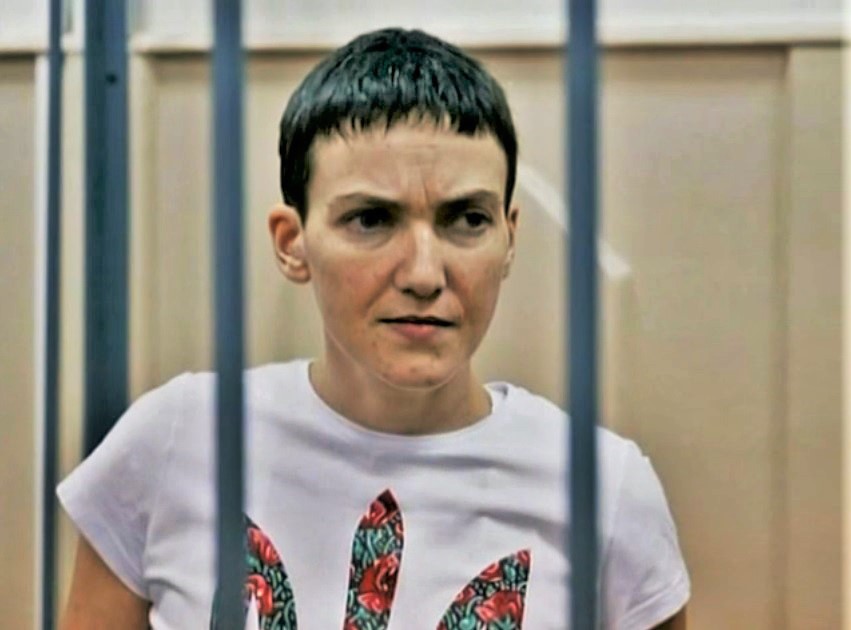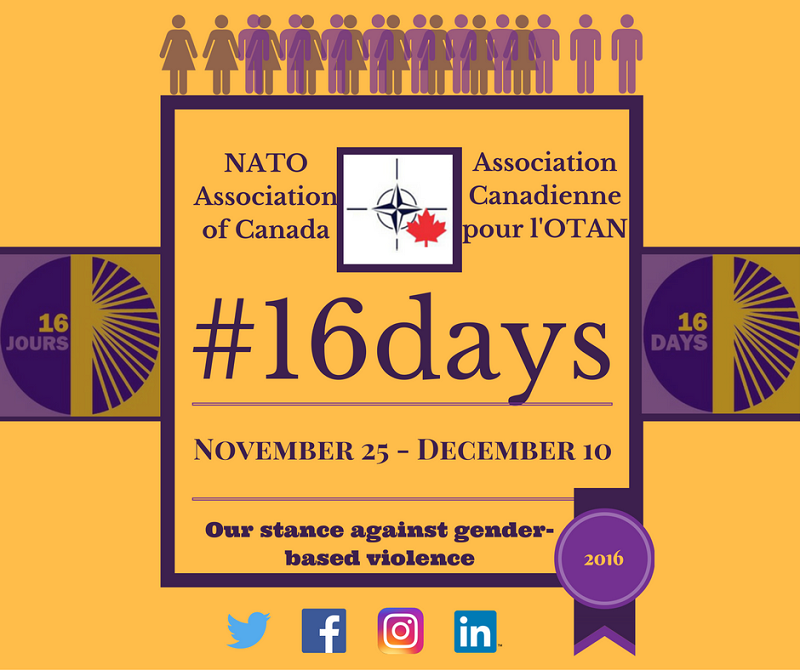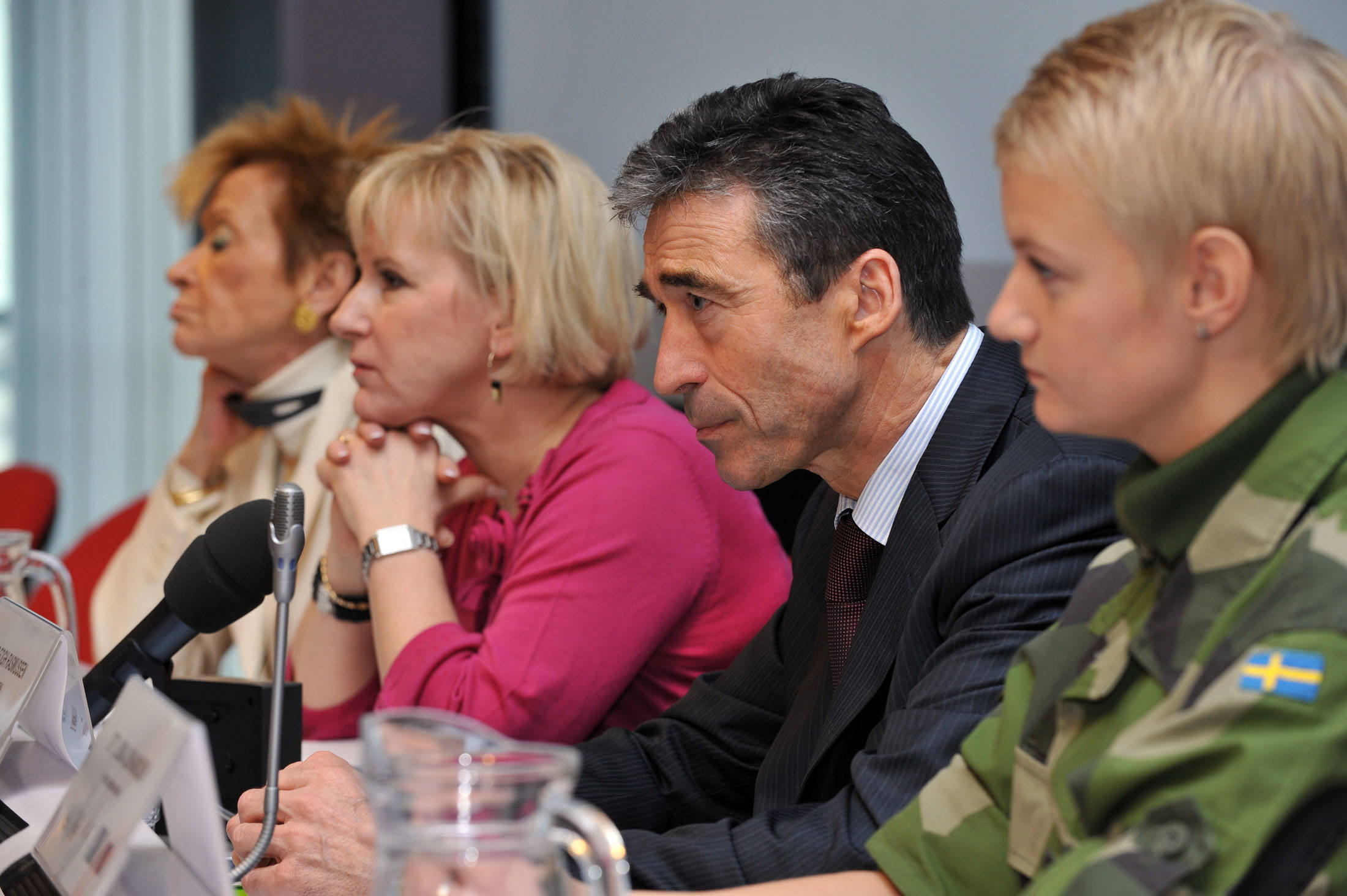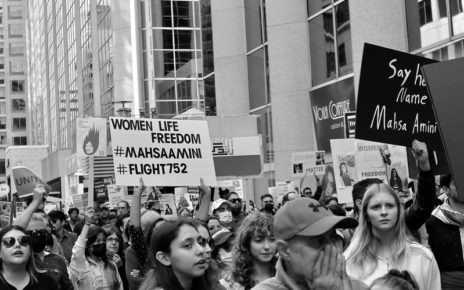On March 22, 2016, Ukrainian helicopter pilot Nadezhda Savchenko was sentenced to 22 years in jail by a Russian court for assisting in a 2014 mortar attack that killed two Russian journalists. As one of the many female volunteers fighting for Ukraine, Savchenko has embraced many of the same trials as men do in times of conflict, and she has become a national symbol for her strength. Now, she must face the political battle between Russia and Ukraine.
Nadezhda Savchenko has had extensive military experiences. Trained as a paratrooper, she was one of the few women in the Ukrainian forces sent to assist the US in Iraq in 2005. In 2009, Savchenko was the first woman to graduate from the Ukrainian air force academy. While part of the Ukrainian air force, her flying duties largely involved helicopter navigation. When the separatist conflict broke out in Ukraine in 2014, she left the air force to join a volunteer battalion against pro-Russian separatist rebels.
How Savchenko ended up from the Ukrainian frontline in a Russian courtroom has been blurry throughout the two-year court case. Russian prosecutors accused Savchenko of providing the coordinates that directed a bomb launched near the Russian border, an attack that would kill two Russian journalists and other civilians. As to how Savchenko ended up in Russian jurisdiction, the prosecution claims that Savchenko, having escaped capture from the rebels, illegally crossed into Russia on her own. In Russian custody, her two year trial ended with her being found guilty of directing artillery fire for the journalists’ deaths, attempting to murder other civilians, and illegally crossing the Russian border.
Savchenko’s defence team presented a very different picture of what happened. They argued that Savchenko was not even in the area at the time of the attack to have given the coordinates of the journalists to Ukrainian volunteer forces. They also argued that while she was captured by the rebels when trying to reach volunteer fighters who had been injured in an ambush nearby, Savchenko never escaped them; she was handed over directly to Russian authorities, meaning her crossing of the border was done legally. The defence had phone records proving Savchenko was not in the area and could not have guided the attack because she was already being held by the rebels at the time. However, the court refused to admit the evidence.
Savchenko’s sentencing has brought international criticism, with many opposing her unfair trial. Human Rights Watch has argued that the court’s refusal of the defence’s evidence made it “impossible for her legal team to effectively challenge the allegations against her as fair trial standards require.” Ukrainian President Petro Poroshenko responded that his country would not recognize the verdict. The Ukrainian government has already asked for her release numerous times, citing that Savchenko is considered a prisoner of war and should be returned under the current truce agreements. President Obama and other EU leaders have called for Savchenko’s release as well.
But Savchenko seems to have accepted the political nature of the ruling. When her sentence was announced in court, she responded by singing Ukrainian songs and chanting “Glory to Ukraine.” According to her lawyer, she will not appeal the ruling. Savchenko, however, has not taken her imprisonment passively, engaging in a number of hunger strikes to protest the conditions of her trial. In December 2014, she fasted for 83 days, only ending the strike after she lost 20 kilos and concerns for her health were raised. She began her most recent hunger strike at the beginning of March, prepared for the ruling to come.
What happens to Savchenko now is largely a political game. She has become a Ukrainian hero (she was even voted into the Ukranian Rada and elected as the Ukranian delegate to the PACE Parliamentary Assembly while in Russian custody). Poroshenko has voiced his willingness to exchange two Russian soldiers for Savchenko’s release and return, but Dmitry Peskov, Putin’s spokesperson, responded with “the final decision on the matter can only come from [President Putin].” With the exchange looking somewhat unlikely, many are hoping that representatives from the West will pressure Russia to release her.
Savchenko is a woman fighting on the frontline for her country, but her battle has become a political one that not even many male fighters find themselves in. While justice should be brought for the deaths of the two journalists at some point, there is no excuse for how her trial proceeded – especially if there is evidence that Savchenko played little to no role in the bombing itself. Overall, though, this trial really only hurts Russia, as it has only made Savchenko even more of a national hero for Ukraine.




